Crafting an Effective AI Strategy: Key Takeaways from Bloomberg's AI Strategy Impact Report
- Jordan Greenfield
- Aug 26, 2024
- 3 min read

As businesses navigate the complexities of the digital age, the integration of artificial intelligence (AI) has emerged as a critical component for success. According to insights from Bloomberg's AI Strategy Impact Report, organizations that strategically implement AI are better positioned to optimize operations, enhance customer experiences, and foster innovation. This article outlines key strategies for developing a robust AI roadmap that can drive meaningful impact across your business.
1. Recognizing AI’s Strategic Value
AI is more than just a tool for automation—it's a strategic asset that can transform how businesses operate. Understanding the various applications of AI, from narrow AI focused on specific tasks to broader machine learning models, is the first step in leveraging its full potential. Organizations need to identify areas where AI can be most effective, whether it's improving operational efficiency, driving customer engagement, or enabling new product innovations.
2. Developing a Comprehensive AI Roadmap
A well-structured AI roadmap is essential for aligning AI initiatives with broader business objectives. This involves identifying key areas where AI can deliver the most value, setting clear goals, and ensuring that AI projects are integrated into the overall business strategy. Without a clear plan, organizations risk scattered efforts that fail to produce significant results.
To maximize AI’s impact, the roadmap should be dynamic, allowing for adjustments as new technologies emerge and business needs evolve. A strategic approach ensures that AI initiatives are not just implemented but are instrumental in driving business growth.
3. Addressing Ethical and Regulatory Concerns
As AI continues to permeate various aspects of business, ethical considerations and regulatory compliance become increasingly important. Issues such as data privacy, algorithmic bias, and the regulatory landscape must be carefully managed to ensure responsible AI deployment. Organizations need to establish clear guidelines and practices to navigate these challenges effectively.
Incorporating ethical AI practices is not only about compliance but also about building trust with customers and stakeholders. By proactively addressing these issues, businesses can create a solid foundation for sustainable AI integration.
4. Empowering Your Workforce with AI
AI’s success within an organization depends heavily on the people who use it. Developing your team’s AI capabilities through targeted training and education is crucial for ensuring that employees can effectively harness AI tools in their roles. This not only improves the implementation process but also encourages innovation from within the organization.
Empowering your workforce with AI knowledge and skills creates a culture of continuous improvement and adaptability, which is essential in the fast-paced world of AI advancements.
5. Preparing for AI’s Future Evolution
The AI landscape is rapidly evolving, with new applications and technologies constantly emerging. To remain competitive, organizations must stay informed about the latest AI trends and be ready to adapt their strategies accordingly. This forward-thinking approach is key to maintaining a competitive edge and ensuring that AI continues to drive business value in the long term.
Organizations should invest in continuous learning and remain agile, adjusting their AI strategies as the technology and market demands change. This proactive stance will help ensure that AI remains a powerful tool for innovation and growth.
Conclusion
A well-defined AI strategy is essential for businesses looking to thrive in the modern digital landscape. By understanding AI’s strategic value, developing a comprehensive roadmap, addressing ethical concerns, empowering employees, and staying ahead of AI’s evolution, organizations can unlock significant value and drive lasting impact.
If you’re ready to implement these strategies and need guidance on how to do so effectively, we’re here to help. Our expertise in integrated AI solutions can assist you in creating and executing an AI strategy tailored to your business needs. Contact us to learn more about how we can support your AI journey.




Comments